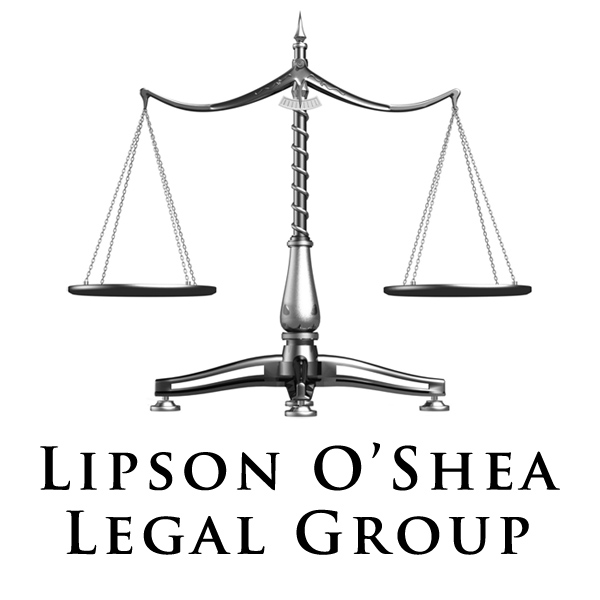What do You Need for a New Trial?
/An Ohio Court of Appeals recently set forth the law in Ohio that applies to when a defendant asks for a new criminal trial based upon newly discovered evidence. In State v. Brown, the Court held:
To prevail on a motion for new trial based upon newly discovered evidence, Defendant must show that the new evidence: (1) discloses a strong probability that the result of the trial would be different if a new trial were granted; (2) has been discovered since the trial; (3) is such as could not have been discovered before the trial through the exercise of due diligence; (4) is material to the issues; (5) is not merely cumulative to former evidence; and (6) does not merely impeach or contradict the former evidence.
In Brown, the Court of Appeals held that the trial court was wrong to have refused a new trial for Brown when Brown's lawyers discovered (after the trial) that the bullet in question did not match the gun involved in the crime. It is rare that a court gives a defendant the right to have a new trial. But medical and forensic science is evolving on almost a yearly basis, and what was not available last year is available now. We might expect to see more of these types of decisions in the years to come.



